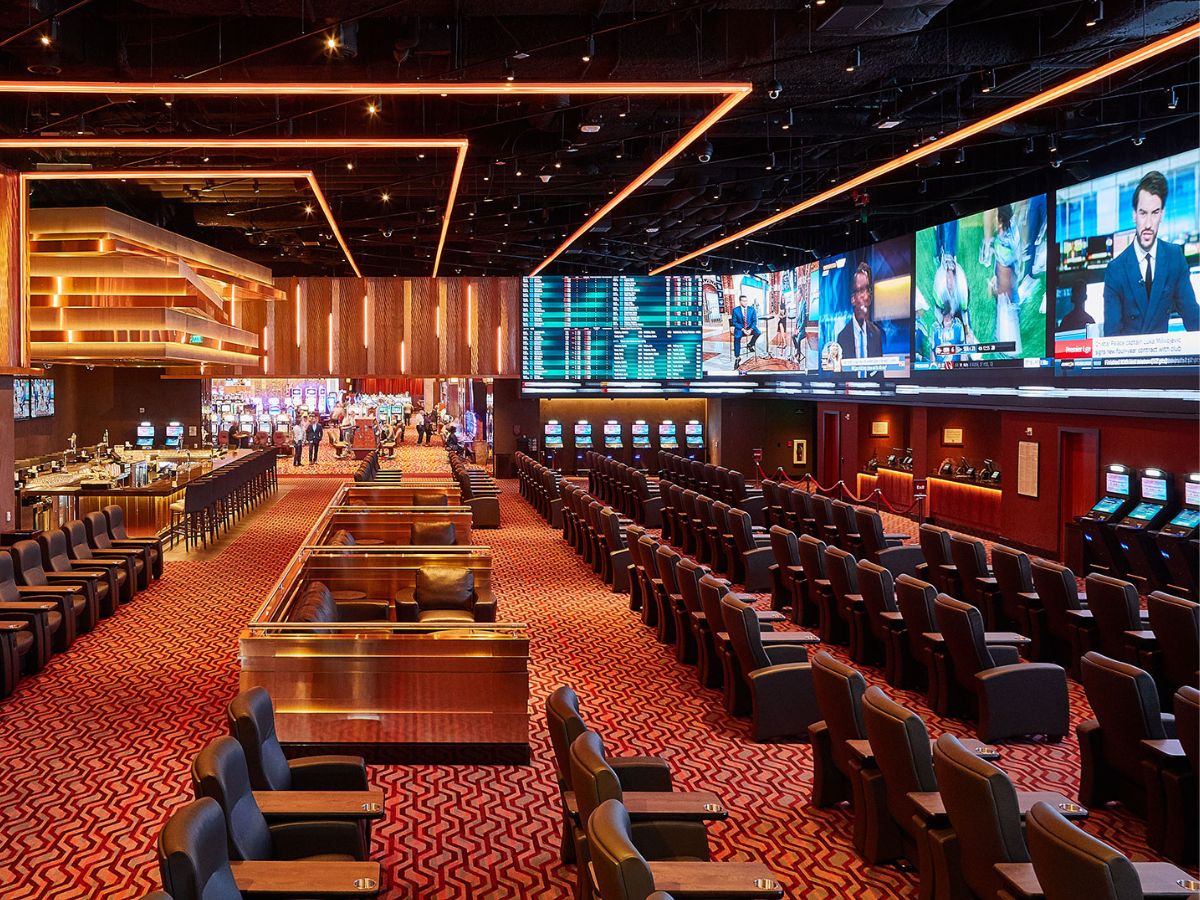
A universe of gambling games has experienced a notable transformation in recent years, propelled by technological progress and evolving player preferences. As traditional games like 21, poker, and the wheel persist to thrive, a wave of fresh concepts is arising, redefining the way we interact with gambling gaming. Including interactive live dealer platforms to the immersive world of VR, the realm of gaming is evolving, providing players an array of thrilling options.
Advancements in gambling gaming are not merely about enhancing the visual appeal or play experience; they are about creating captivating experiences that involve players in new ways. As online gaming becomes increasingly popular, developers are exploring new technologies to bridge the gap between physical and online environments. This fusion is reshaping the gambling experience, inviting both experienced gamblers and newcomers to explore a rich tapestry of options that cater to a varied crowd. As we delve deeper into these game-changing innovations, it becomes apparent that the prospects of gambling gaming is rosy and packed with potential.
Advancing Technologies
The landscape of casino gaming is being changed by emerging technologies that promise to improve player interactions and offer innovative gameplay elements. VR reality, for example, enables gamers to dive themselves in a completely interactive casino atmosphere from the ease of their homes. This technology provides impressive graphics and authentic settings, making players feel as though they are seated at a real table or strolling through a casino venue. As VR capabilities continues to progress, it is predicted to play a key role in how gaming experiences are developed and played.
In furthermore to VR, the adoption of AI is reshaping how gaming establishments operate and how players interact with gaming experiences. Artificial intelligence systems can assess gamer actions, customizing gaming experiences based on unique likes and playing styles. This personalization not only boosts player satisfaction but also assists gaming establishments in handling gamer retention strategies. With smarter artificial intelligence technologies, gaming establishments can also enhance their game offerings, guaranteeing they satisfy the dynamic demands of players and stay relevant in the market.
Distributed ledger technology is another notable innovation making impact in the gaming gaming sector. By providing safe and open deals, this technology helps to build confidence between gamers and gaming establishments. This technology allows for demonstrably equitable play, where gamers can verify the integrity of gaming experiences and the randomness of outcomes. Furthermore, digital currencies are growing accepted, offering gamers anonymity and ease of use. As more casinos embrace blockchain, gamers can look forward to a more safe plus dependable play experience, promoting greater involvement and engagement in online gaming spaces.
Gamer Satisfaction Improvements
In recent years, the gaming industry has emphasized improving the player satisfaction through innovative technologies and captivating gameplay. One notable innovation is the integration of VR and AR reality in gaming games. These advancements create a more immersive environment, allowing gamers to enter a genuine gaming setting from the comfort of their homes. By employing VR headsets or augmented reality apps, players can engage with the gaming elements and other users in ways that were once unimaginable.
Moreover, personalized player experiences have become a priority for casinos looking to appeal to and retain users. Utilizing data analytics, gaming establishments can personalize rewards, bonuses, and game recommendations according to individual gamer preferences and behaviors. This level of tailoring ensures that players feel important and attended to, which enhances their overall satisfaction and commitment to the casino brand.
Furthermore, the arrival of mobile gaming has changed how users engage with casino gaming experiences. With the ability to play on smartphones and tablets, users can experience their preferred games anytime and in any location. Mobile gaming platforms often come with functionalities such as social sharing and live leaderboards, fostering a sense of community and competition among users. This accessibility and community engagement significantly enhance the play experience and keep users re-engaging for more.
Regulatory Innovations
In the past few years, regulatory structures surrounding gaming operations have undergone notable evolutions to adapt to new technologies. Regulatory officials are increasingly recognizing the importance for updated regulations that can keep pace with advancements such as online gaming and mobile gaming. This has led to the creation of robust laws that address the specific challenges and opportunities presented by e-gaming platforms, ensuring that players enjoy a safe gaming experience.
One major regulatory development is the enforcement of stringent age verification systems and responsible gaming protocols. Regulatory bodies are prioritizing safeguards for players by establishing measures that prevent minors from gambling and promote responsible behavior among players. This includes the use of advanced identification technologies and self-exclusion tools, which allow players to set limits on their gambling activities and foster a healthier gaming environment.
Moreover, the rise of distributed ledger technology has prompted regulators to explore its gains for clarity and equity in casino operations. By utilizing distributed ledgers, casinos can provide verifiable records of game outcomes, enhancing credibility and accountability. As more regions consider adopting blockchain solutions, the potential for a enhanced regulatory framework could revolutionize how casino games are monitored and managed, benefiting both casinos and players alike. https://tumbet708.com/